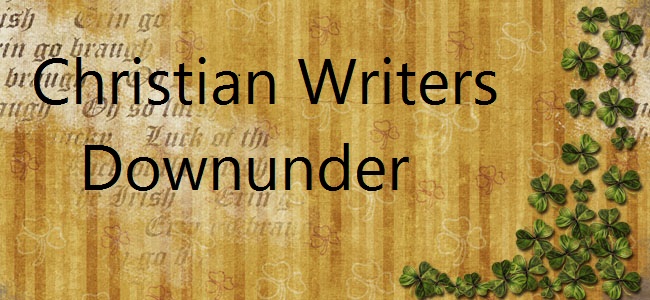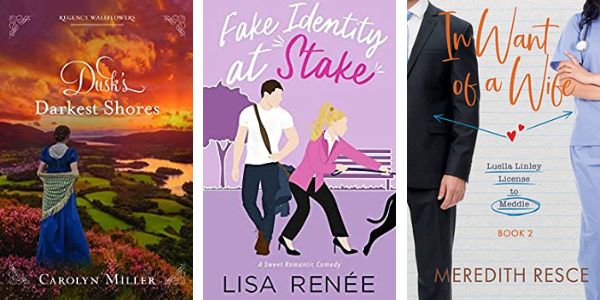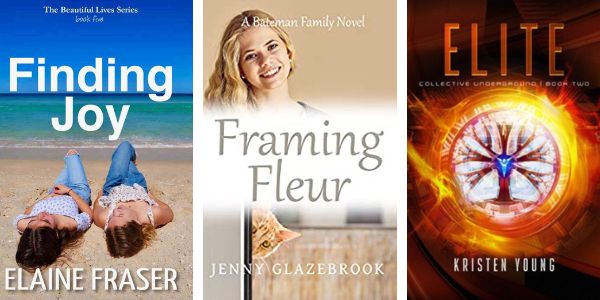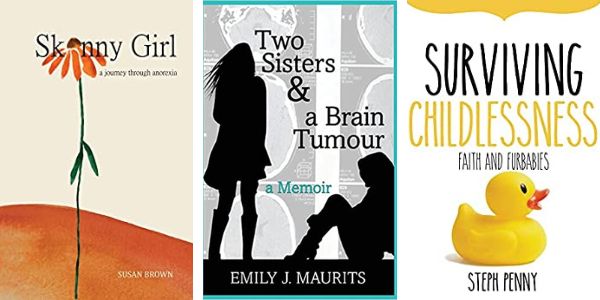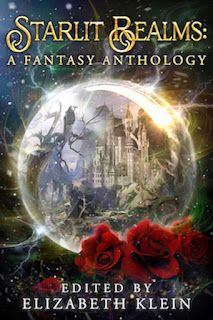I always thought the word ‘woke’ was the simple past tense of wake, as in ‘I woke up and it was already late.’ Likewise, it has taken time to understand ‘woke’ as an adjective, as being ‘sensitised to prejudice and conscious of its manifestations in society’ (Macquarie Dictionary Online).
When I write, I want to be aware of current trends and I don’t want to disenfranchise my readers. But ‘woke’ philosophy combines with a countercultural protest movement which is as ugly as the sins it seeks to expose, like racism. Yeah, it’s bad. Cancel it. But calling out would-be perpetrators by wrecking their careers without trial? How is that fair?
Literary classics written years ago are not exempt. The
movement has already forced many books from sale including six of Dr Seuss’ works,
because they are judged as having racist themes.
The hit movie, ‘The Grinch that stole Christmas’, is also affected.
Woke commentators say that the Grinch’s green skin is a deliberate choice showing
his inferiority to the white-skinned characters in the book. It doesn’t matter
what the author thought. It is how it is perceived, now.
Banning Dr Seuss’ books and those of other authors is extreme
behaviour. It is a real-life ‘Fahrenheit 451’ (Ray Bradbury). In that classic
fiction, the written word was physically destroyed by fire, thereby
Isms and history
Recently, I completed a survey about attitudes toward indigenous
people of Australia. I don’t think myself racist, but I was assessed
subconsciously racist.
I don’t deny the reasons. My school taught that England’s colonisation
of Australia was history we needed to know—and the correct response was to call
it ‘civilisation’. There was also, the subject called ‘English’, being the study
of the literature of England. William Golding’s ‘Lord of the Flies’ was still on
the recommended reading list, decades after I matriculated. It lauded the governance
and culture of the British Empire, and by extension, marked down other models.
Golding is cited as believing that without the constraints of
society, humankind would regress to its most base instincts, to hunt and kill. In ‘Lord of the Flies’, war refugees
crash-land on an uninhabited tropical island. Conveniently, only children and
youths survive. There is now little life experience to guide decision-making. One
of the main characters, Jack, forms an alternate system of government which
discriminates against those that can’t hunt and kill effectively. He is drawn
as someone unable to think or plan ahead. ‘Order’ is restored when a British
Naval officer (Golding was one of these during WWII) sees a burning island and
comes to investigate. Golding’s theorem is ‘proved’ and alternate arguments
cancelled.
But I wouldn’t cancel Golding despite disagreeing with his logic.
The world needs healthy debate rather than being told how to behave, or else.
Many of my teachers and peers have voiced the opinion: ‘I
wouldn’t trust Aboriginal people. They are not like us.’ It didn’t occur to me then
how racist that was. But it is.
The majority is not always right.
Alternate beliefs need to be evaluated. Jesus, not culture, is the standard-bearer
Jesus taught social justice such as caring for the widows and
defending the fatherless. But in it, he did not raise a hand against his
oppressors, even though the offenders included the designated representatives
of God—priests tasked with teaching about God and doing his deeds on earth. He
spoke of their failures, but he commended the priestly office as he was to
become the fulfilment of it through his death, resurrection and ascension into
heaven.
Was Jesus woke? Yes—he opened blinded eyes.
And no—he came to redeem the lost, not to cancel them.
How creative people can avoid cultural errors
In today’s world, you must avoid cultural missteps. Authors—indeed,
anyone who creates, publishes, or broadcasts—can slip up.
Because most creators are blind to their own bias, make sure your
output is not going to provoke an adverse reaction from any segment of your
audience. Don’t rely on the AI in off-the-shelf online editors. Using an
experienced ‘sensitivity reader’, a type of beta reader, will recognise triggers
or inaccuracies specific to your characters. This expert pinpoints cultural missteps, inherent bias, or stereotypes,
which can then be redacted from your writing—by you.
You cancel the bad
and redeem the message you want to convey.
It might just be the new awakening.
Relevant reading:
‘Netflix pulls Dr. Seuss’ How the Grinch Stole Christmas,
Outraging Viewers.’ Cameron Bonomolo. Published December 2, 2019. ComicBook: (https://comicbook.com/movies/news/netflix-removes-how-the-grinch-who-stole-christmas-outrage-viewers-jim-carrey/)
’Woke Horror’, The new monster on the block.’ Mike Duran. Published October 27, 2021: (https://www.mikeduran.com)
‘Top ten books you were forced to read in school: Lord of the Flies.’ Nate Rawlings. Published July 9, 2010. Time: (https://entertainment.time.com/2010/07/09/top-10-books-you-were-forced-to-read-in-school/slide/lord-of-the-flies/)
‘When I woke up.’ Meredith Resce. Published January 20, 2022. Australasian
Christian Writers: (https://australasianchristianwriters.com/when-i-woke-up/).
Marc Jeffrey is an Adelaide-based author and poet who loves to craft words in times when his beautiful wife and lively dog (Shih tzu cross Chihuahua) are asleep. He writes of hope and justice, depositing his characters in the nexus between the ‘what is’ and the ‘what if’ – while wondering if he can leave the house without waking anyone up.

He is long-time member of the ‘Literati’ writing group, that grew out of the Tabor Adelaide Creative Writing program. When he’s not writing, Marc listens to his favourite music, which ranges from Cold Chisel to Claude Debussy
